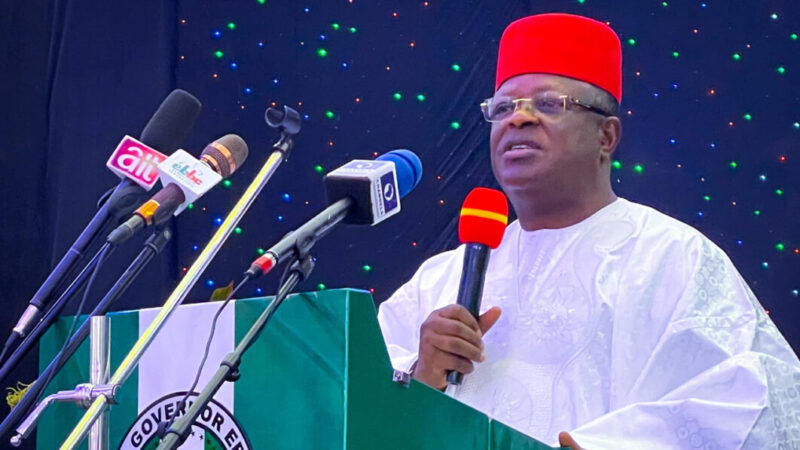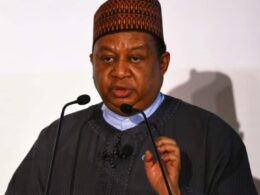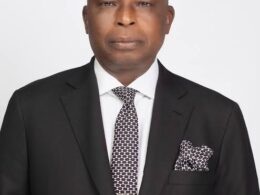The Nigerian Federal Government has proposed a bold ₦341 billion budget to fund emergency repairs and upgrades for roads and bridges nationwide, aiming to tackle the long-standing infrastructure challenges plaguing the country.
The proposal, revealed at the recent Federal Executive Council (FEC) meeting, comes as part of a national strategy to address critical issues in Nigeria’s transportation networks, severely impacted by neglect, poor maintenance, and extreme weather conditions.
Federal Capital Territory Minister Mr. Nyesom Wike stressed the urgency of the initiative, highlighting the direct impact of deteriorating infrastructure on public safety and economic activity. “Our roads and bridges are the lifeblood of our economy. Without immediate intervention, we risk losing more than just infrastructure; we risk lives and livelihoods,” he asserted. Many major routes have become nearly impassable during the rainy seasons, increasing travel times and the risk of accidents, underscoring the need for urgent and sustained repairs.
Echoing this sentiment, Mr. Babatunde Fashola, Minister of Works and Housing, emphasized the pivotal role of infrastructure in driving Nigeria’s growth. “The state of our infrastructure is not just a matter of aesthetics; it is directly tied to our economic growth and development. Investing in our roads and bridges is investing in our future,” Fashola stated.
Budget Allocation and Key Projects
The proposed ₦341 billion budget breaks down into targeted projects to address Nigeria’s infrastructure needs:
- Road Repairs: Funds will prioritize major highways connecting Nigeria’s economic zones, including resurfacing, improved drainage, and enhanced signage to boost safety.
- Bridge Rehabilitation: Critical urban and rural bridges that have suffered structural damage will receive significant investment, ensuring they remain safe and accessible.
- Emergency Response Teams: Provisions have been made for emergency response units trained to handle road repairs and accidents, especially during severe weather events.
- Long-term Maintenance Programs: The budget includes provisions for developing maintenance programs, ensuring that repaired infrastructure is well-maintained and resilient.
- Community Involvement: Local communities will be encouraged to report road conditions, enabling authorities to respond to emerging issues and address repairs proactively.
Reactions from Stakeholders
The proposal has garnered a mix of reactions from key stakeholders:
- Transport Unions: Leaders within Nigeria’s transport unions have expressed support for the initiative. Comrade Ayo Odukoya, President of the National Union of Road Transport Workers (NURTW), remarked, “We have been advocating for better roads for years. This proposal gives us hope that our voices are finally being heard.”
- Civil Society Organizations: Some civil society groups welcomed the plan but urged transparency and accountability in fund allocation and project execution, calling for mechanisms to monitor spending and ensure the funds achieve their intended impact.
- Local Government Officials: Local authorities were optimistic, emphasizing the need for federal and local cooperation to ensure that repairs reach grassroots levels and benefit rural communities.










Join our Channel...